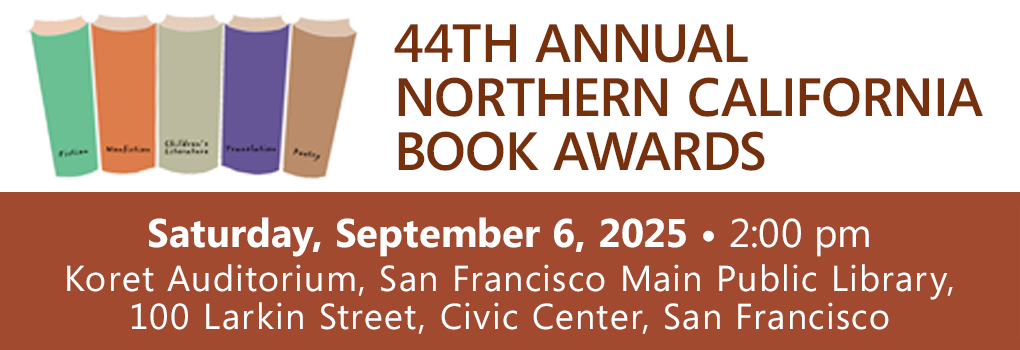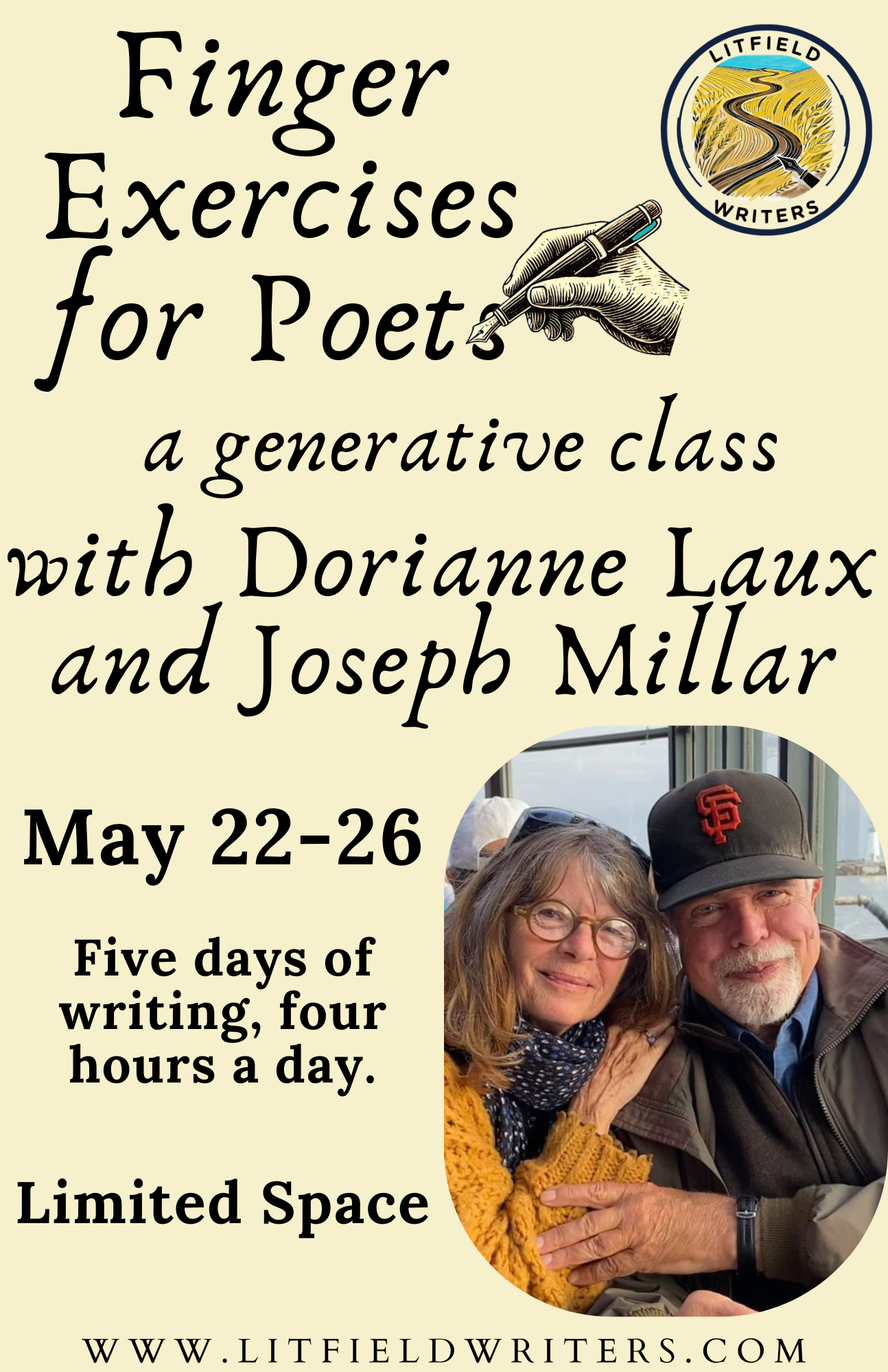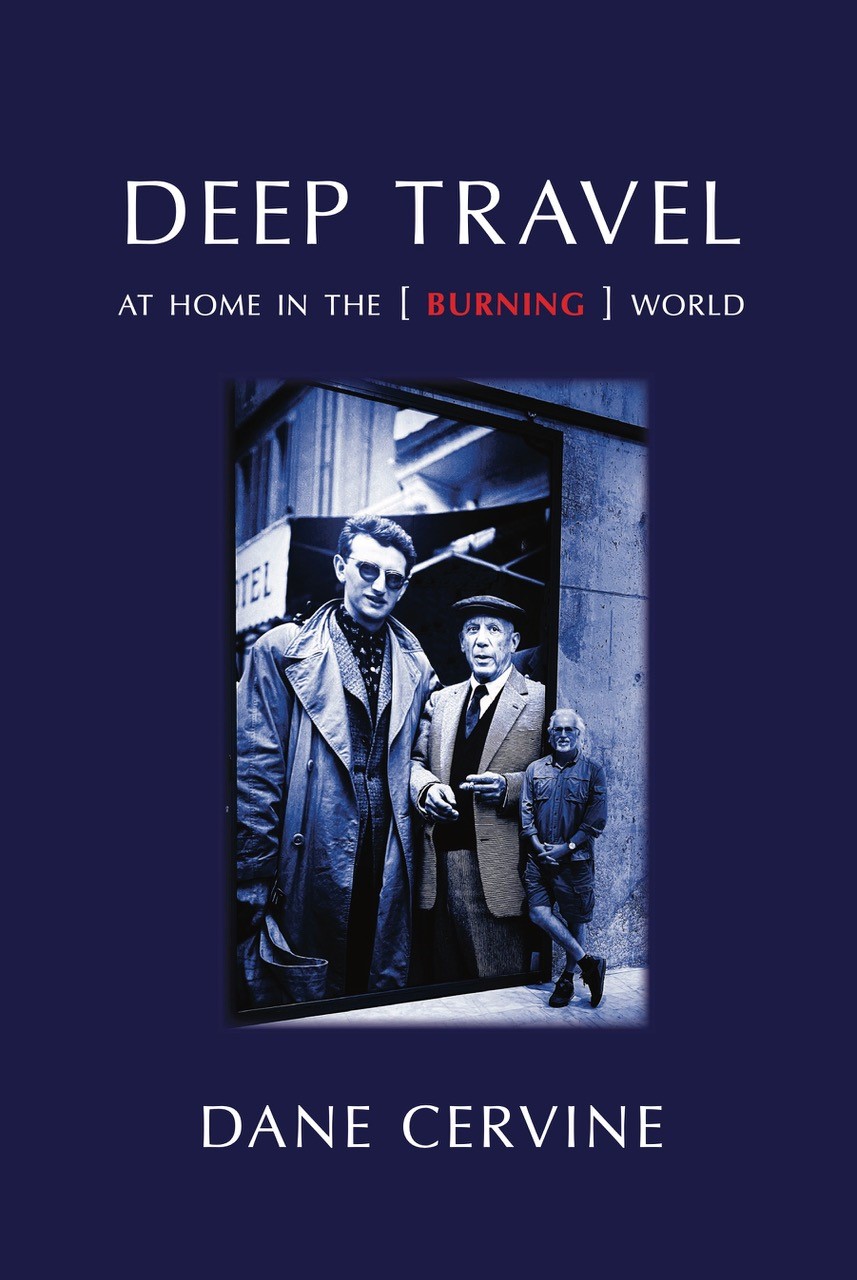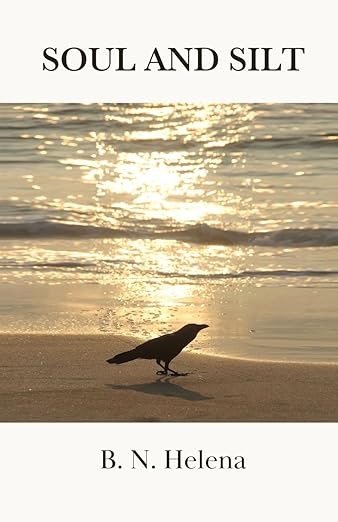
Stripped Island
by Zara Raab
Cutting Down the Last Tree on Easter Island, by Lenore Weiss, West End Press, Albuquerque, New Mexico, 2012, 88 pages, paperback $14.95.
Technological and industrial objects of the postmodern world—computers, cell phones, TVs, cars—feature prominently in this work titled for an aboriginal island. Weiss opens with "Tech Notes," a four-part poem interweaving telephone conversations with computer repair technicians (in prose) and powerful memories (in lyric form). Each misdiagnosis and failed phone connection evokes another memory of her orphaned girlhood:
Why'd you have to get sick and leave
when I was too young to know how much
I'd miss you…
…
Sometimes I think I hear your breathe
by the seashore, in a gully near the rushes…
The natural world of seashores and rushes, the beauty of Leona Canyon, which gives its name to a later poem, offer their solace. In fleeting reveries of a pastoral and—in later poems—spiritual world, in song and poems, the poet finds refuge. Meanwhile, in the work-a-day world of her job at Apple Computer, computers are the coin of the realm. "Duet" imagines a rondo between software and hardware, and works because women (software) often do feel used by men—"All you thought you needed to do / was install me with a few clicks." And men sometimes seem hardwired to behave badly toward women. Hardware admits:
…I'm not in control.
You wouldn't believe
how many times a day
I want to get it right, but it's
not about right; it's about if
and then what?
The wrong boyfriend becomes a broken appliance in the closing image of "Broken TV." True, the poet loved him, but since he appears rarely in her life, and since when he does, they have nothing to say—
At water's edge, you gave
sermons to a broken TV set.
No more picture.
In "Magic Gas Tank," the narrator's car never needs refueling and seems to drive itself: she is the homunculus residing inside the car's protective shell as it urgently propels her away from her dying husband. "Cell Phone Poem: Can You Hear Me?" is one of a series of cell phone poems published by Weiss in CD format (see http://www.cdbaby.com/m/cd/kirkweiss.) In this one, technology again epitomizes failure to connect: a mother speaks to her adolescent son. In a familiar pattern in some of Weiss's poems, the mother remembers how her son used to be, then describes how (awful) he is now, and asks:
Are you listening?
Can you hear me?
Even the high-tech inner city ambulance travels through Weiss's landscape, another emblem of our distraction. The poet stays awake nights listening to sirens screaming toward the emergency room of Oakland's Highland Hospital (which gives the poem its title) in a city with one of the highest crime rates in the country. After twenty years of this, she wonders about her capacity for empathy:
So do you believe that the villagers living outside
Dachau and Auschwitz gradually ceased
to hear each train groaning into the station?
Or did they listen, like me,
then go about their business?
(from "Highland Hospital")
Evidence of industrial life surrounds her; it glints like an omen, evoking memories of Hitler's Third Reich with its advanced technologies of death. In "Invocation of the Dead," people drunk on roller coasters and cotton candy live in an amusement park with no exit—"there's no home / for us to go back home to."
TVs, cars, computers, amusement parks, and cell phones, even houses—each defines a cosmology of disconnection and dissolution. Weiss longs for an era of antique Wedgwood stoves and "navy wool San Francisco / Fireman's jacket[s]" with brass buttons—like the one her boyfriend wore, the one who had nothing to say. She longs for the time before lightning-fast computers could change words with a single keystroke. She longs for her mother's hands kneading sweet-smelling bread. The poem "Words" celebrates the era of coffee klatches, when women with small children gathered in their sweet-smelling kitchens to share coffee cake and good warm talk. It's an ode to conversation and the power of language to connect us. "Some people believe the universe was called forth / by the word, an announcement of something pre-dawned, / which in the saying, / created a pathway, a laundry chute."
Weiss's parents live on in her memories; she speaks to them rather as one might leave a message on a cell phone across time and space. Weiss's parents escaped Hungary during the Holocaust, and are the subject of some of the book's strongest poems. Weiss is the daughter "…who came after / those who went to heaven / through the opening of a chimney at Auschwitz / or the lucky ones who sailed through a harbor / waving the torch of their hearts / at a statue" ("Poem in Two Mood Swings")
Throughout her work, these conversations with parents interweave themes of love and loss in the nearer present. In "Coffee with Mom," she tells them—
…how everything
is getting smaller
and costing more money. Money.
How it runs out like time,
the bottom of your change jar
with two round pennies.
The poems about her parents are simple, direct, full of a powerful, albeit past reality unworded by the things her parents never mentioned—like their own parents. Life, the poet tells us, "…skipped a generation / and gravel filled my mouth." When her father was dying, her mother, afraid he wouldn't fight for his life, kept silent about his cancer. And a drawing of a paramecium in a school composition book is the only remnant the poet has of her mother's childhood.
The book's middle section opens with a long prose poem, "Back to Basics." Here Weiss's family life is embodied in freshly painted rooms of their house, a cipher for an entire cosmos: the small room off the kitchen where she begins her day in meditation, a room that once served as her son's nursery; her bedroom with its bed of dreams; the kitchen with its montage of family photographs and memories.
Shifting tone, the other poems in this section rely with mixed results on surreal imagery to carry feeling. In the effective "Cupid Does Dishes" Weiss uses a light touch:
We used to sleep in the same stiff sheets.
If you rolled over to say "Oh,"
I said "Ah." We were in our vowels then…
But those deceptively stiff sheets forebode no good, for the dying husband wears a breathing tube and mask while he washes the dishes and in the end is, chillingly, "the box that has replaced me at your side in bed," a coffin on the corpse-still sheets.
"I Tell My Mother How I Found Love"—the way a suicide falls from the Golden Gate Bridge—hits (to my ear) a few wrong notes as when the striking bridge metaphor is extended to:
When he held me,
pleasure ripped across the surface of my face.
Disturbing.
"Report Drunk Drivers," in contrast, seems understated. Here the poet does anything to distract herself from thoughts of death, like the retired engineer cycling on his Harley in a metaphor for hysteria; but the idea is not fully developed. The poet might make more, too, of the incestuous relationship in "Cupid Speaks of His Mother, Aphrodite" between the beautiful mother spurning her lovers and the boy hanging around who happens to be her son. "Driver Turned into a Plastic Bag" has a terrific idea at the center: the plastic bag wafting along the freeway mirrors a certain psychic/physical form humans sometimes take.
Where are you headed and where are you going?
Roll down your window and bring me along.
Much of the third section returns to the mood of "Back to Basics," as a coterie of Jewish mystics—"dancing around the parking lot / as though they were on to something, / Hasidim who'd grabbed the word Yes by the throat" capture her attention ("Hasidim"). The poet grasps "Yes," as well, as she builds a new relationship and changes her life, exploring her moral and spiritual life through three traditional Hebrew supplications. "T'Khineh in Sh'vat" asks for understanding of suffering, of "the sorrows of the world," and "T'Khineh in Iyar" admits,
For so many years I felt like an ox
pulling the cart of my family
along a thirsty road
making sure to avoid ruts,
and now You have breathed back
into my dry bones
so that I am a young girl sitting here
in a coffee shop near the airport
awaiting my love.
In "T'Khineh in Tammuz," the poet struggles with loneliness, missing her lover who warned her he would be gone six days a week. "I didn't listen," she confesses, appealing to the Shekhinah, the divine presence:
Only sing to me, Shekhinah.
Your Love pools in my heart.
In "Sh'Ma Yisrael," troubled by Israel's troubles, she celebrates her own birthday and the nation's. She longs for peace "to fill the crevices / of your Wailing Wall / with a light of new creation. // Instead, only war and massacre…" Yet even here Weiss speaks from a wry understanding of self:
Hear O Israel,
from a daughter
who reads only the transliterative text of Hebrew
with glasses that need a new prescription
in a mouth that fills with saliva
from a tongue that knows not how to deliver
two-dotted vowels—
The postmodern technology of computers and cell phones provides thrills like the roller coater in the amusement park. But it cannot offer the solace poets once found in nature, especially in places like Easter Island, center of this book's title poem, an island stripped by humans of all its vegetation as early as the eighteenth century. Weiss finds refuge and solace in the rituals and community of Judaism; she finds her soul mates, no longer in Cupid, but in the poet Irena Klepfisz, the Jewish martyr Hannah Senesh, the Israeli musician Yair Dalal, and the joyful Hasidim. The poet we sense behind the poems is transformed, as in the course of her book her cosmology changes, even as she herself asks for change in the moving, final poem: "Valley, uplift this daughter. / Fold together my pain. / Change me. / Make me new." ![]()
Zara Raab's recent poetry book is Swimming the Eel (David Robert Books). Her poems, reviews, and essays appear in The Dos Passos Review, The Evansville Review, River Styx, Crab Orchard Review, The Dark Horse and elsewhere. She attended Mills College and the University of Michigan for her Master's Degree, and now lives in the San Francisco Bay Area.








































 So Far So Good: Final Poems, 2014-2018
So Far So Good: Final Poems, 2014-2018  Abandoned Poems
Abandoned Poems 















 Mississippi
Mississippi 


















































































